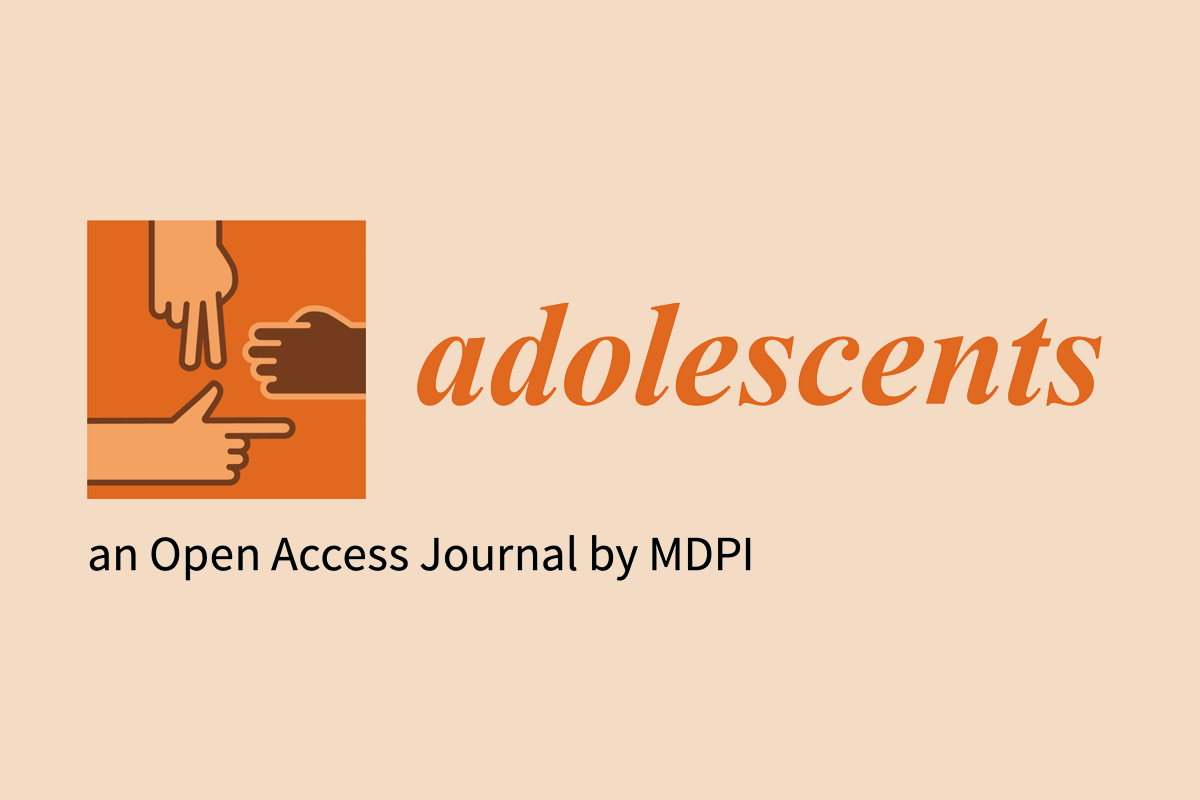
by Autumn Eastman, Oluwatomi Olunuga, Tayechalem Moges. 17 April 2023;3(2):259-277.
Adolescents 2023;3(1):259-277. (Open access) Special Issue: Gender Equity and Girls’ Health
Abstract
Female adolescents experience exacerbated vulnerability to the effects of gender inequities in refugee settings, where there is often a lack of protective societal structures and the politicization of their access to sexual and reproductive health (SRH) services, which result in an increase in teenage pregnancy as compared to non-refugee settings. In the Mugombwa refugee camp in Rwanda, there were 47 adolescent childbirths in 2021 alone. This study explores the perspectives of female adolescents on the barriers underpinning adolescent unplanned pregnancy in the Mugombwa refugee camp. Focus group discussions were conducted with 16 adolescent girls between the ages of 10 and 19. The findings were analyzed using inductive and deductive thematic analysis. Barriers at the individual, interpersonal, communal, and institutional levels underpin unplanned adolescent pregnancy. Socio-cultural barriers of poverty and transactional sex, poor knowledge of contraceptives, negative peer influence, sexual coercion, poor parent–adolescent communication, negative health worker attitudes, selective SRH community outreach, and the inaccessibility of contraceptives emerged as themes influencing the sexual behavior of adolescents and unplanned pregnancies. The socio-cultural barriers and systemic facilitators of gender inequality associated with being an adolescent female in a refugee camp must be prioritized to alleviate adolescent unplanned pregnancy.



